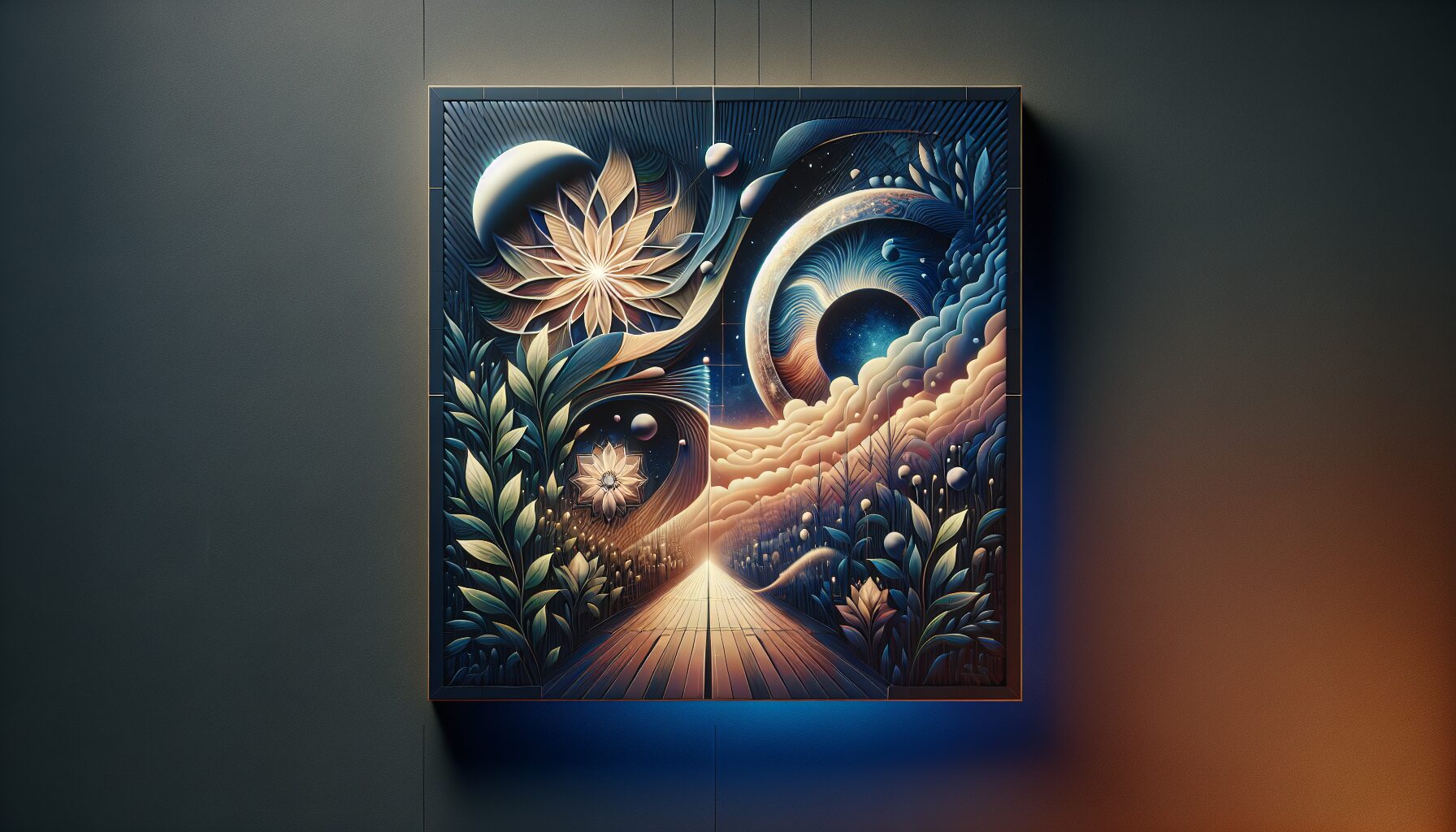Veils of Reality – Perception Beyond the Ordinary
As humanity progresses into the 21st century, our understanding of reality is being continually reshaped by advancements in science and technology. From quantum physics to virtual reality, the boundaries of what we perceive as ‘real’ are constantly evolving.
The Science of Perception
Perception is not merely a passive reception of information from the world but an active process of construction. Our brain predicts sensory information and fills in gaps between what we see and perceive. However, this process can sometimes lead to distortions or illusions that challenge our sense of reality.
“Reality is merely an illusion, albeit a very persistent one.”
– Albert Einstein
At the forefront of perception studies is cognitive neuroscience, which investigates how mental processes like memory, attention, and decision-making shape our reality. Technologies such as fMRI scans allow researchers to observe the brain in real-time, unlocking mysteries of how we interpret the world.
Quantum Physics and Reality
In the realm of quantum physics, reality itself becomes even more perplexing. Quantum theory reveals a world where particles can exist in multiple states at once until observed. This phenomenon, famously exemplified by Schrödinger’s cat, challenges our commonsense understanding of existence.
- Wave-Particle Duality: A principle indicating that light and matter exhibit properties of both waves and particles.
- Quantum Entanglement: A mysterious interaction where particles remain interconnected regardless of distance.
Physicist David J. Griffiths once remarked, “Anyone who is not shocked by quantum theory has not understood it.” The implications of quantum physics suggest that reality may not be as stable and concrete as it appears.
Virtual Reality – Beyond the Physical World
While quantum physics challenges our conceptual understanding of reality, virtual reality (VR) alters our sensory experience. VR technology creates fully immersive environments, allowing users to experience worlds beyond the physical limitations of the body.
As VR technology advances, questions arise about the future of real and virtual spaces. Renowned tech entrepreneur Mark Zuckerberg has emphasized VR’s potential, stating, “The metaverse is the next evolution of social connection.”
- Immersive Education: VR offers innovative educational opportunities, enabling students to explore historical events or complex scientific concepts firsthand.
- Enhanced Creativity: Artists use VR as a new medium, pushing the boundaries of creativity and artistic expression.
Despite its vast potential, VR also raises philosophical and ethical questions. If reality can be crafted via digital means, what do we consider as ‘real’?
Philosophical Implications
The malleability of reality, as exposed by advanced scientific theories and technological innovations, reignites age-old philosophical debates. What constitutes true knowledge? How can we trust our perceptions?
Phenomenology, a branch of philosophy that explores the structures of consciousness, is deeply invested in these questions. Philosopher Edmund Husserl suggested that by studying how we experience phenomena, we might uncover the essential aspects of reality.
Furthermore, the ancient allegory of the cave, presented by Plato, remains relevant. Prisoners in a cave who perceive shadows as reality mirror how humans often accept a limited understanding of existence. As we continue to unearth the veils of reality, one might wonder: is there an ultimate reality, or are multiple layers waiting to be discovered?
Conclusion
The question of what lies beyond our ordinary perception is as much a scientific and technological inquiry as it is a philosophical one. Each discovery and innovation reveals further complexities and challenges our fundamental understanding of the universe.
As our journey unfolds, it is essential to remain open to the possibilities beyond the veil. Whether through scientific exploration or philosophical introspection, the quest to understand reality is an eternal endeavor that transcends disciplines and pushes the boundaries of human knowledge and belief.
In this continuous journey, perhaps the words of Albert Einstein will guide us: “The important thing is not to stop questioning. Curiosity has its own reason for existing.”

Comments